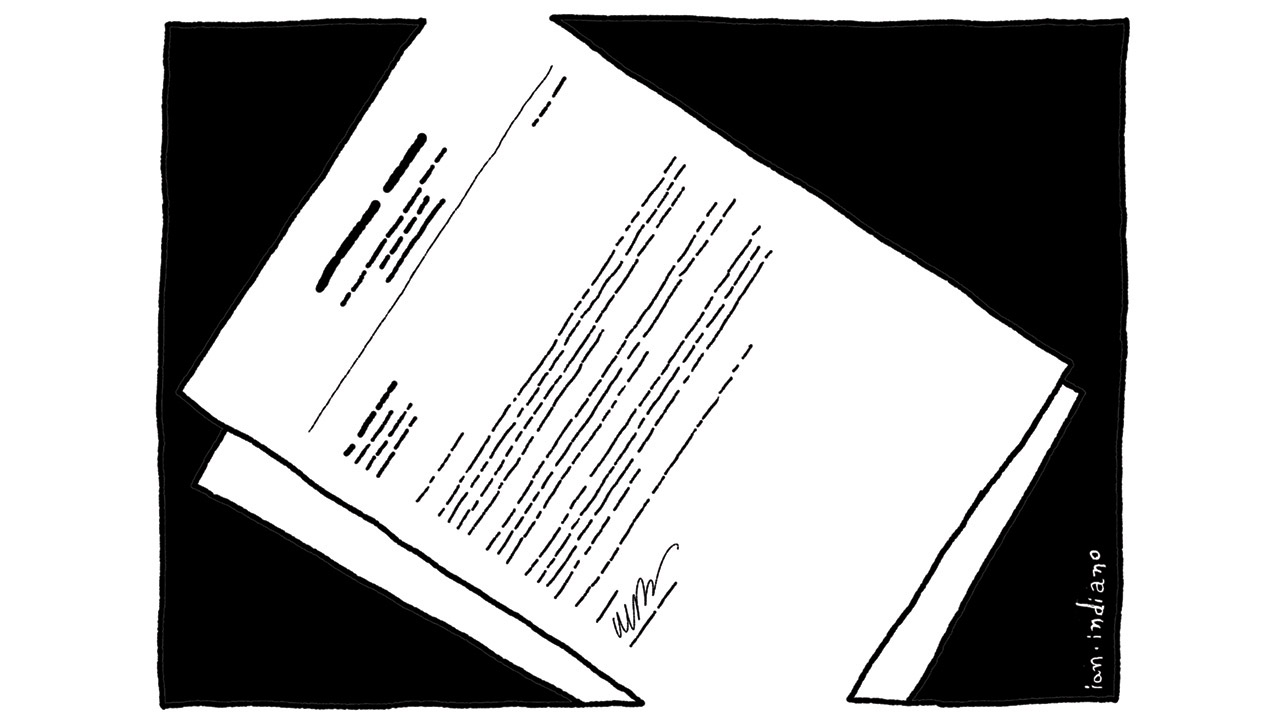How to write a great cover letter
 CREDIT: IAN INDIANO
CREDIT: IAN INDIANOA cover letter is the very first contact your future employer will have with you, even before your resume.
The process of finding a job is all about making a good impression. Therefore, it is fundamental that you convince your employer that you are not only qualified, but also reliable. A cover letter is the very first contact your future employer will have with you, even before your resume.
Here are some things to consider when writing your cover letter:
Structure
Make sure you know how to organize the information in your cover letter. If you say everything you have to say, length is not that important. A basic outline for a cover letter should be:
Header – Where you can find your information and the employer’s contact information.
Greeting – It is common practice to always start your letter with “Dear Dr./Mr./Ms. [Last Name].” If you don’t know the name of the employer, try “Dear Hiring Manager.”
Introduction – Try to capture the attention of your reader. Mention the job you’re applying to and how you heard about the opportunity. Tell the hiring professional about your skills and why you’re a good match for the position.
Body – You only need one or two paragraphs here. Try to explain why you are interested in the position. Go into more detail about your qualifications and why you’re the best candidate for the job. Make sure you provide examples that demonstrate your skills.
Closing – Here, you can once more summarize your skills. Tell the hiring professional that you would like an opportunity for an interview. Thank them for their consideration and invite them to learn more about your qualifications on your resume.
Signature – Finish your letter with a complimentary closer followed by your signature and your name. You can use “Sincerely,” “Respectfully yours,” “Best regards,” etc.
Keep it simple
The tone of a good cover letter should be conversational but also professional. Add only comments and information that help present you as a good candidate for the job. Keep paragraphs and sentences short and simple. Tailor your letter to the specific job for which you’re applying and cut all irrelevant information.
Be personal
Always personalize your cover letter. Write one or two sentences about the organization you are applying to. If you consume their products, let them know you are also a client. Show your reader that you understand their needs and demonstrate your ability to meet them.
Be confident
If you have problems writing about you, ask yourself what your favourite boss or mentor would write about you, and try to write your letter from their point of view. Focus more on your work experience rather than your education. You can mention volunteer and internship experience too. Don’t apologize for missing experience. Always draw attention to your strengths and transferable skills instead of your weaknesses.
Edit
Always go over your letter before sending it. Check all the numbers and especially check your spelling. There are some great and free grammar checkers online that you can also use. Don’t be afraid of making cuts and eliminating unnecessary information.

















